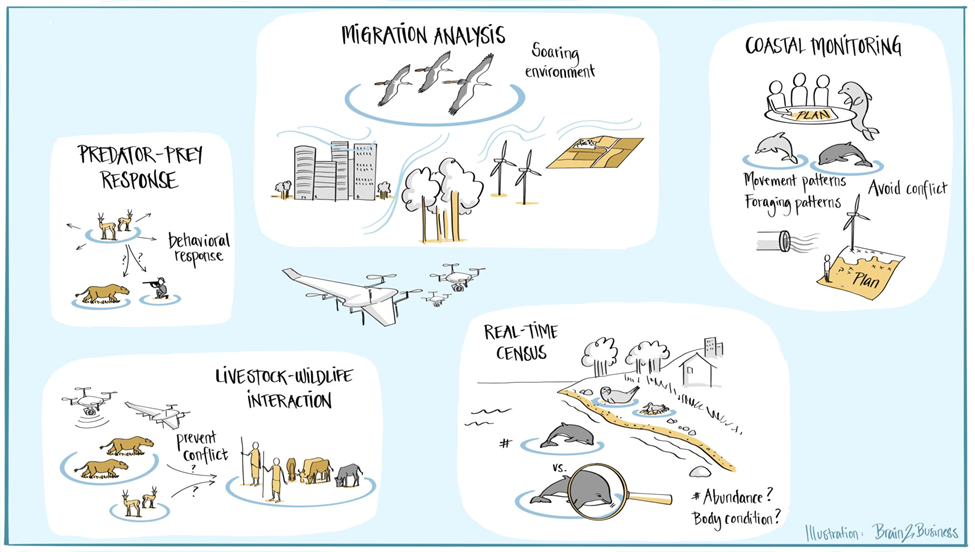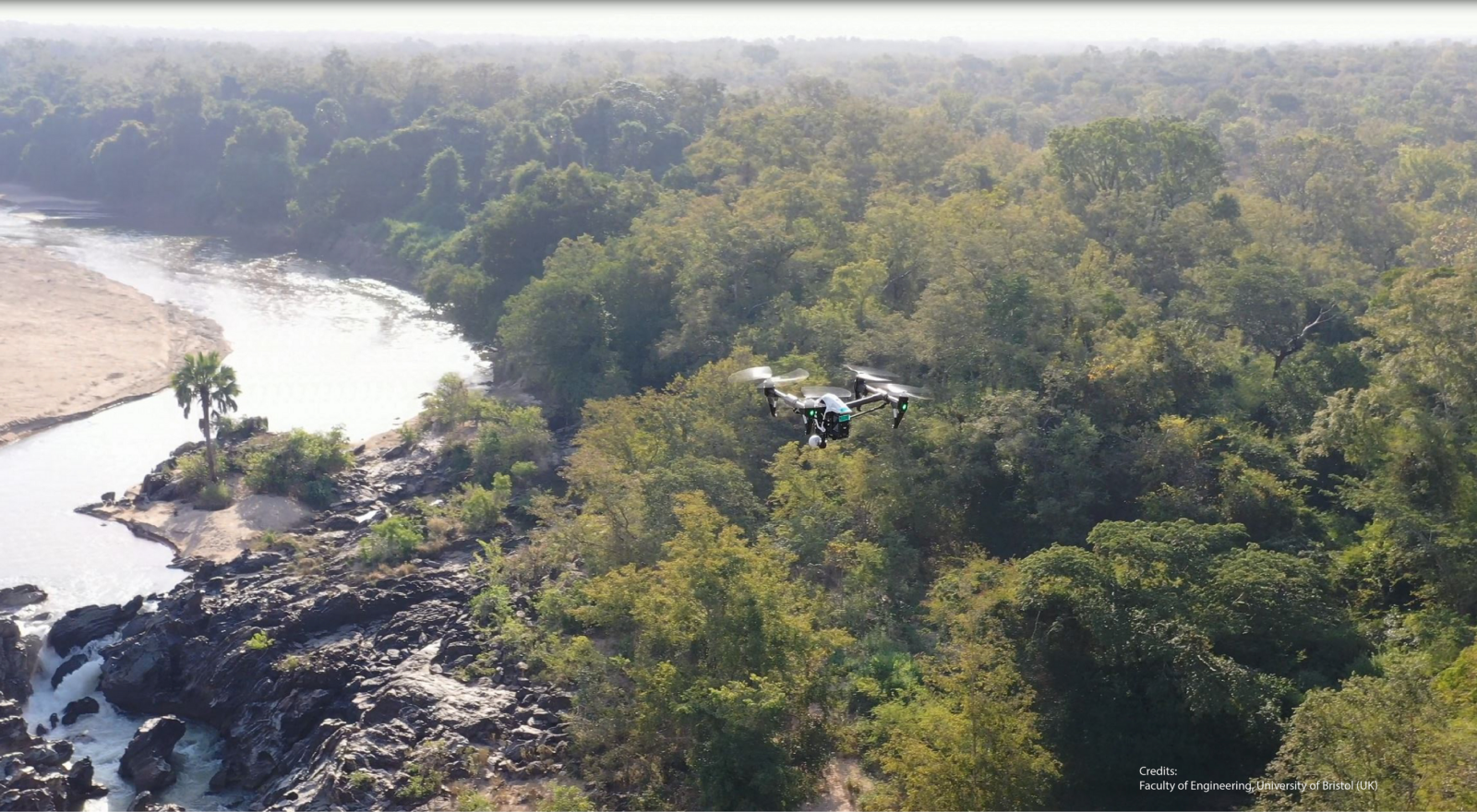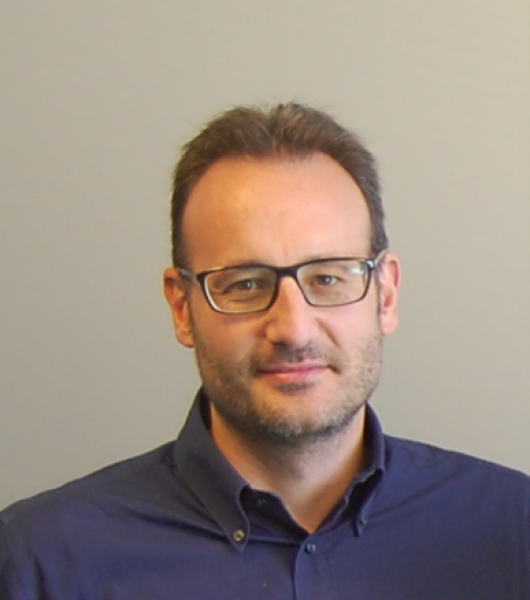WildDrone: autonomous drones to monitor and preserve wild animals
A new European project dedicated to environmental sustainability for the protection and study of wild animals using drones and artificial intelligence is to kick off.
When we talk about actions to support environmental sustainability, we cannot help but think of the creatures that inhabit the seas, lands and skies and contribute to the health of the planet we co-inhabit with them. Protecting biodiversity, i.e. the variety and variability of living organisms and their change from one environment to another over time, is of particular importance at a time in history when experts speak of a sixth mass extinction to refer to species on the brink of global extinction.
The WildDrone (Autonomous Drones for Nature Conservation Mission) project, funded by the European Commission and created under the Marie Skłodowska-Curie Actions is moving in this direction. WildDrone will be led by 19 international grantee and self-funded partners based in Europe, Africa and the United States. The partners will collaborate to revolutionize wildlife conservation approaches by using autonomous drones as platforms to monitor wild animals, measure them, track their movements and manage human-fauna conflicts. This will be particularly useful for understanding animal behavior and migration, providing first-level information to biologists and zoologists, but also for better managing wildlife reserves and assisting public administrations and policymakers in making decisions.
The WildDrone consortium will also recruit a total of 13 Ph.D. students, training them on a unique combination of multidisciplinary skills (including ecology, metrology, robotics and artificial intelligence) needed to develop the full potential of drones, measurement systems and AI methods for nature conservation missions. The Ph.D. students will reside in Europe, work closely with each other, undertake one or more secondments, and participate in joint training sessions and field missions.
BK will contribute to this very ambitious goal with some of its research expertise: on the one hand, the field of drones and 3D surveying, represented by Fabio Remondino and the 3DOM unit, and on the other hand, advanced flight planning and resource optimization, represented by Andrea Micheli and the Embedded Systems unit.
FBK will also host one of the 13 doctoral students involved, helping to train him or her in the use of automated drones that will be used to track, measure and monitor wild animals.
Fabio Remondino and Andrea Micheli explain more about FBK’s role and how they plan to involve the PhD who will be working at the Foundation:
Fabio Remondino: “The project allows us to fund a PhD who will study and develop new solutions for autonomous drone flight planning and automated, real-time scene interpretation using artificial intelligence methods. This will allow drones to be used to monitor and measure animals, providing useful information to wildlife conservationists and nature reserve managers.”
Andrea Micheli: “We will collaborate with all project partners, particularly the Universities of Muenster (Germany) and Bristol (UK), where our PhD will be hosted for a number of months. The goal is to develop new autonomous systems, expanding the current capabilities of these platforms to provide practical tools for visual inspection, measurement and monitoring of wildlife populations and their movements in ‘wild’ contexts.”
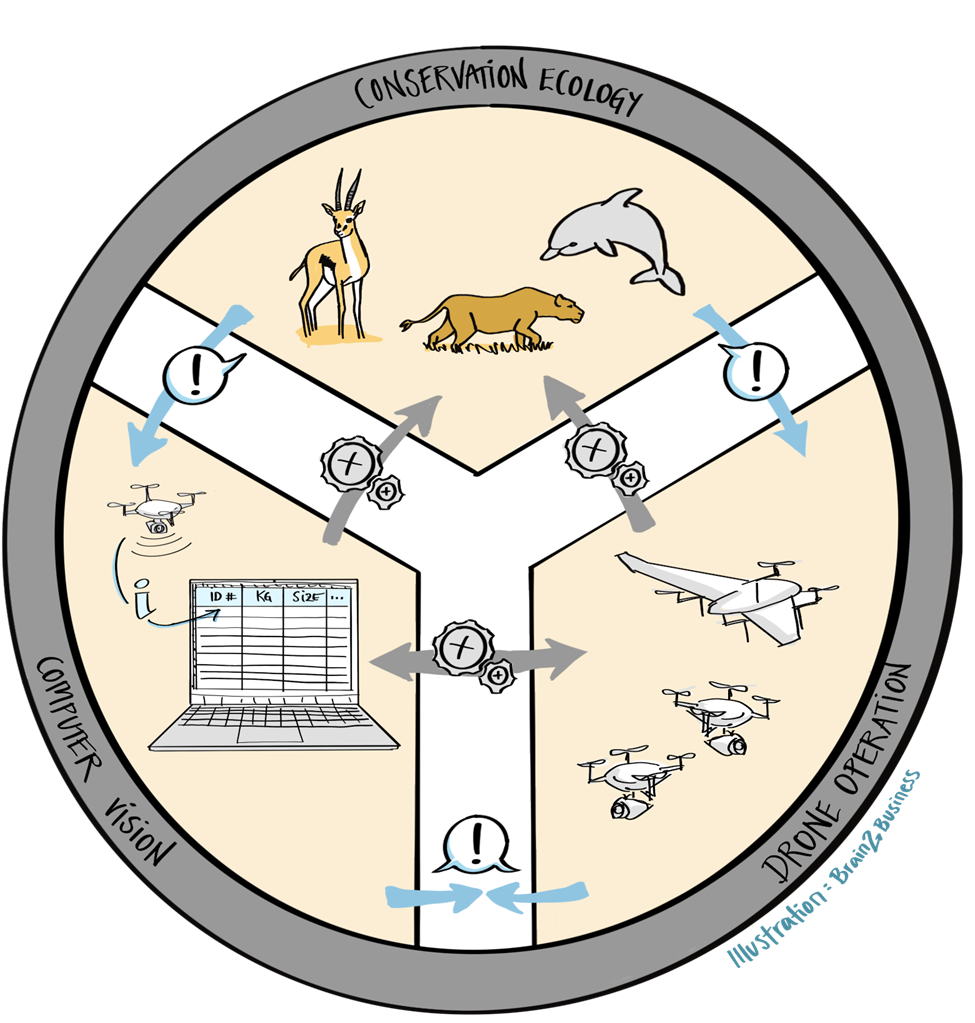
It must be said that the use of drones in this regard is not new: they are already widely used to collect data on endangered species, but they currently require an operator and the data collected is processed after flights. In contrast, WildDrone aims to develop self-driving drones that collect data and process it on board in real time, allowing scholars to gain access to information previously unavailable.
WildDrone’s academic and research partners who will host doctoral students are: University of Southern Denmark, Max Planck Institute, Westfälische Wilhelms-Universität Münster, WIPSEA, Wageningen University, University of Bristol, Fondazione Bruno Kessler (FBK), Avy and Ecole Polytechnique Fédérale de Lausanne (EPFL).
These partners will be joined by other associated partners for field activities, including: Ol Pejeta Conservancy, the Wadden Sea National Park, Bristol Zoological Society, Kenyatta University, Universität Konstanz, the Danish Ministry of Environment, Kuzikus Wildlife Reserve, Danish Agriculture & Food Council, BBC and WWF.
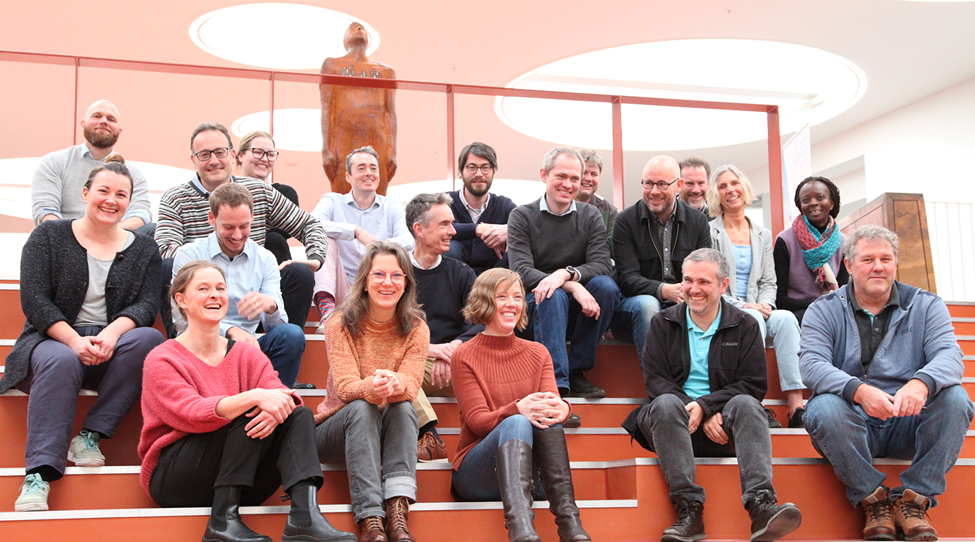
The project has received €3.6 million in funding from the European Commission; it began in January 2023 and will see completion at the end of December 2026. The concrete expectation is to revolutionize wildlife conservation practices by integrating aerial robotics, metrology, computer vision and wildlife ecology, using autonomous drones as a unifying platform.
